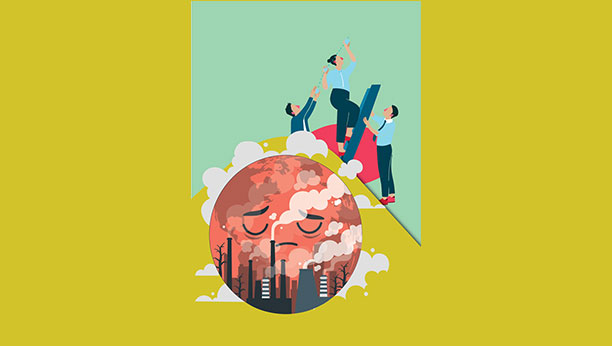
The governments—central and states—as well as society, particularly influencers, literary figures and religious leaders must come forward and actively work on closing yawning gaps between ‘haves and have nots’ of the country, indeed worldwide, before we reach a point when the oppressed ones just cannot tolerate the discrimination any longer.
Log In or become an AIMA member to read more articles
